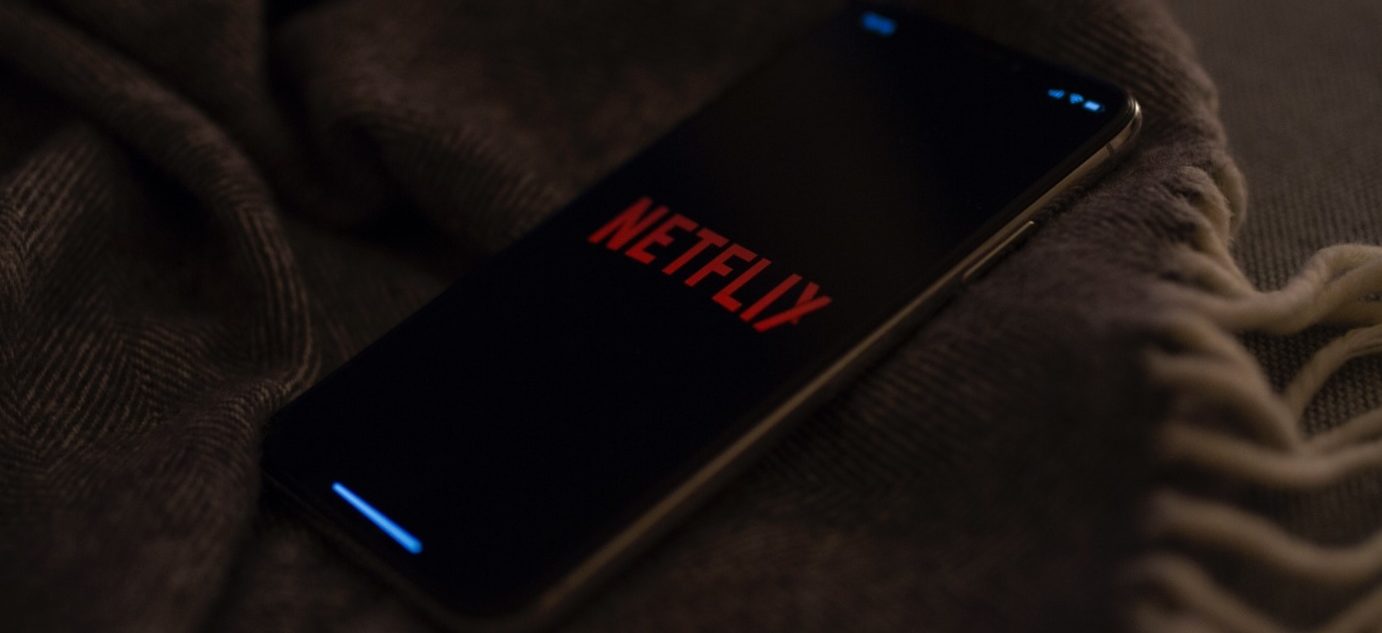The Netflix price increase is only the start of a streaming revolution
Like many during exam season, I decided to continue my high levels of productivity and watch Netflix. Having exhausted virtually every conceivable show on the streaming platform, I was forced to settle for Shark Tank, the American – and admittedly much better – version of Dragon’s Den. It was during a heated negotiation involving Keven O’Leary, or if you’d rather, Mr. Wonderful, that I began to consider the vast array of options that Netflix offers. You could tune out of Mr. Wonderful ruthlessly exploiting start-up businesses, continue watching Black Mirror exploiting the cynicism of our generation, or view Ricky Gervais exploiting the creative freedoms that Netflix have offered him in After Life. It is no doubt that the shows on Netflix, from Shark Tank to Black Mirror, from Ricky Gervais to Bo Burnham, have become immensely vast. This was the justification Netflix have used to announce that they will be upping their prices.
The standard tariff was £7.99, but will now be risen to £8.99. The premium tariff, which lets you stream to four devices, will increase by £2 to £11.99. The basic subscription currently costs users £5.99 and is the only one that will stay the same. The price increases will be rolled out over the next few weeks to existing customers, while new members will pay the higher charges immediately.
It is undeniable that we are living in the midst of a ‘streaming revolution’. The days of television are readily dissipating as these various streaming platforms increase both in number and in price
This sees the price rise twice in the last two years. Netflix themselves state that the price increase “reflects the significant investments we’ve made in new TV shows and films.” However, whilst the increase charge of £1 a month may not seem like a catastrophe, the precedent it creates, amidst a future dominated by streaming platforms, is a dangerous one.
It is undeniable that we are living in the midst of a ‘streaming revolution’. The days of television are readily dissipating as these various streaming platforms increase both in number and in price. In 2018, it was estimated that 60% of Americans were using some form of streaming services. This year, Netflix alone had an estimated 10 million users in the UK alone. The appeal of them is simultaneously undeniable. As opposed to waiting for your favourite shows to air at a certain time, streaming services mean that they become available whenever you want them. No longer do you have to wait a week for that cliff hanger at the end of The Flash, Riverdale, or Jane the Virgin, for the whole season is virtually uploaded at once. No longer do producers, directors and actors seek television deals, they seek Netflix deals. Ricky Gervais’ After Life, a ‘Netflix Original’ was born out of the creative restrictions placed on him by the BBC.
As with any revolution, when it has been won, there are many who will utilise it to benefit their own ends. With Netflix and Amazon already big players, Disney, Apple, and even the BBC and ITV are getting involved. In particular, Disney’s highly anticipated streaming service will see the highly popular Marvel Cinematic Universe enter the small-screen for the first time, with upcoming shows such as WandaVision tabled. Now more than ever are streaming platforms acquiring an unprecedented power in the entertainment world.
With so many streaming platforms distributing the same content, the streaming revolution is suddenly starting to look one defined by high prices and the exploitation of its customers
With the introduction of all of these new streaming services becoming the crux of people’s viewing, a very serious issue arises. This is exactly where Netflix’s price increase becomes far more important than it may seem. As well as Netflix’s standard £5.99 charge, Amazon’s own streaming platform PrimeVideo costs £7.99 a month. The charges for NowTV’s SkySports, Entertainment and Cinema costs a mind-bending £51.97 a month. This already amounts to a significant expenditure per month, already a joint amount not worth for many to invest in all three.
Yet, with the introduction of new streaming services pulling away content from the already established platforms, these prices will only continue to climb. Say, for example, somebody has a favourite show on Netflix, Disney and Amazon, in order to view them all, you would be expected to pay a minimum of £20 a month. With so many streaming platforms distributing the same content, the streaming revolution is suddenly starting to look one defined by high prices and the exploitation of its customers. So, if Netflix, without warning, can up their price at will, what stops a similar situation when people are inevitably forced to invest in three, or four of these platforms.
Whilst Netflix charging more for their services is certainly not as exploitative as most of the deals made by Mr. Wonderful on Shark Tank, it certainly sets a dangerous precedent for the future.

Comments